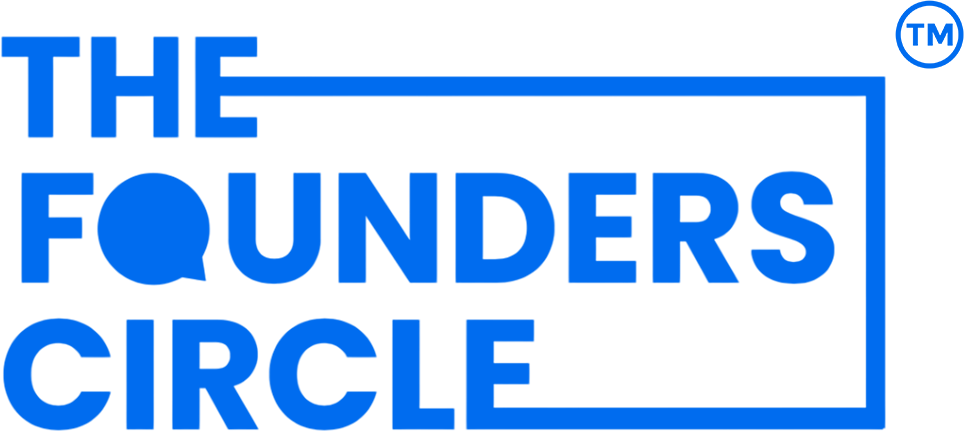How to Build a Personal Brand as a Startup Founder

In the world of entrepreneurship, a strong product or service is only part of the equation. Today, startup founders must also focus on building a personal brand—one that reflects their values, inspires trust, and creates lasting impact.
Whether you’re pitching to investors, attracting top talent, or marketing to early adopters, your personal brand can serve as a powerful bridge between your vision and your audience.
Let’s explore how startup founders can strategically and authentically build their personal brand—and why it’s a game-changer for long-term success.
1. Start with Your ‘Why’
Before you dive into content or social media, take a step back and define your purpose.
- What motivates you?
- What problem are you solving?
- Why should people care?
Startup founders who lead with authenticity stand out. Your mission isn’t just a company slogan—it’s a story. Use your personal journey, values, and experiences to connect with your audience. That narrative will form the core of your brand identity.
2. Build a Cohesive Online Presence
Your online presence is often your first impression—make it count.
-
Keep your bios and photos consistent across platforms (LinkedIn, Twitter, Instagram, etc.)
-
Use a professional profile photo and clear, authentic messaging
-
Share your achievements, updates, and insights regularly
For most startup founders, LinkedIn is a powerful tool. Treat it like your digital business card and personal blog. This is also where a solid entrepreneur personal brand strategy begins to shine.
As you build your online presence and create content, make sure you’re leveraging the right tools to scale your impact. From scheduling platforms to design tools, using startup tools for business growth can streamline your efforts and help you stay consistent with your brand message.
3. Create Valuable, Shareable Content
To be recognized as a thought leader, you must give your audience something of value.
Content ideas for startup founders:
- Share lessons learned during your startup journey
- Offer Startup founder branding tips to others just starting out
- Write about your take on current industry trends
- Provide practical advice others can act on
Content isn’t just for clicks—it’s for credibility. This establishes you as someone worth listening to.
4. Get Comfortable with Public Speaking
Your voice has power—use it.
- Join local or virtual events as a speaker or panelist
- Guest on podcasts or YouTube channels
- Host Q&A sessions with your audience
This builds your confidence and positions you as a leader. Many entrepreneur personal brand strategy playbooks emphasize visibility—and public speaking is one of the fastest ways to get noticed.
5. Engage Authentically With Your Audience
Authentic engagement is the heartbeat of your personal brand.
- Reply to comments and messages
- Thank your followers and community for support
- Share not only wins but also challenges and lessons
Startup founders who show vulnerability, humility, and gratitude attract a genuine following—and often turn that following into opportunities.
6. Network with Intention
Don’t just collect contacts—build relationships.
Join online communities and mastermind groups
Attend casual founder meetups and events
Offer help before asking for it
This is where platforms that help you grow your business and your network become essential. For example, joining a WhatsApp group for entrepreneurs can give you direct access to peer support, collaboration opportunities, and real-time insights from fellow founders. Community-based networking fuels long-term growth and reputation for startup founders.
7. Embrace Thought Leadership
Your perspective is valuable. Share it.
You don’t have to be the loudest voice in the room to be heard. You just need to be thoughtful and consistent.
Tips for building thought leadership:
- Share opinions that challenge the status quo
- Write long-form posts or articles with insight and depth
- Use your expertise to spark meaningful conversations
This is a vital part of any entrepreneur’s personal brand strategy—being known for what you believe and how you think, not just what you sell.
8. Be Consistent and Patient
Finally, remember that personal branding is a long game.
- Show up regularly, even when growth feels slow
- Stick to your message and values
- Keep sharing your story, even when you think no one’s listening
Startup founders often chase results—but trust, reputation, and credibility take time. Keep going.
Conclusion
In today’s hyper-connected world, the line between founder and business is thinner than ever. That’s why a strong personal brand is not a luxury—it’s a necessity.
From telling your authentic story to engaging your audience and showing up as a leader, startup founders can use their personal brand as a springboard for influence, partnerships, and long-term success.
And if you’re ready to grow within a like-minded founder community that supports your journey every step of the way, look no further than The Founders Circle—where real connections lead to real growth.

